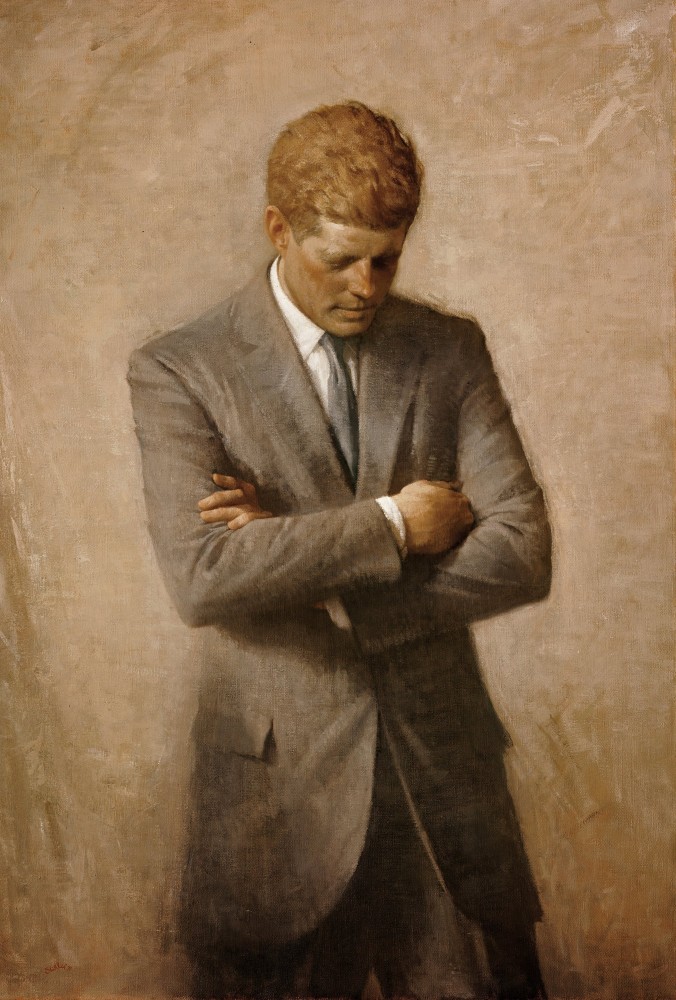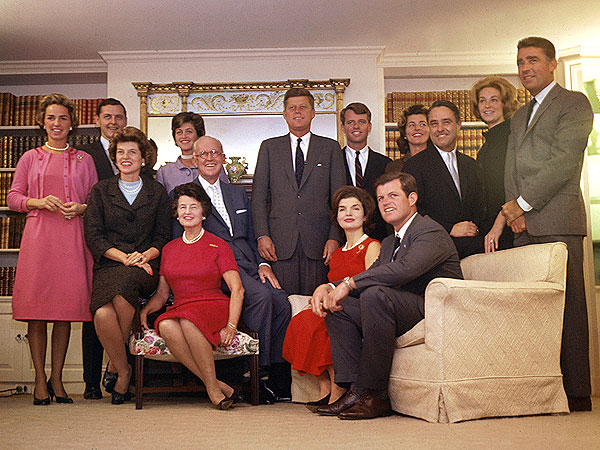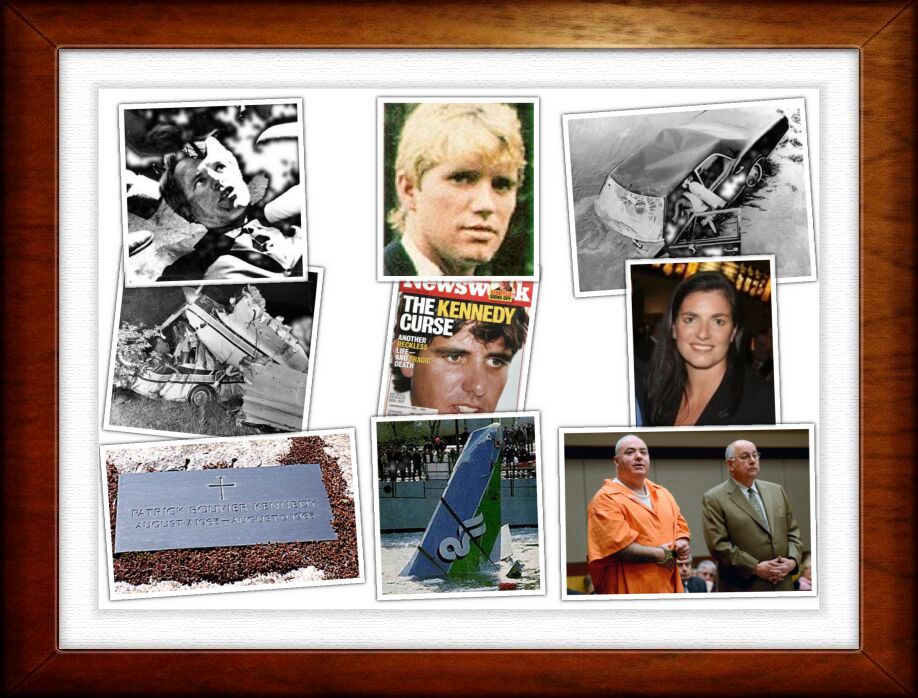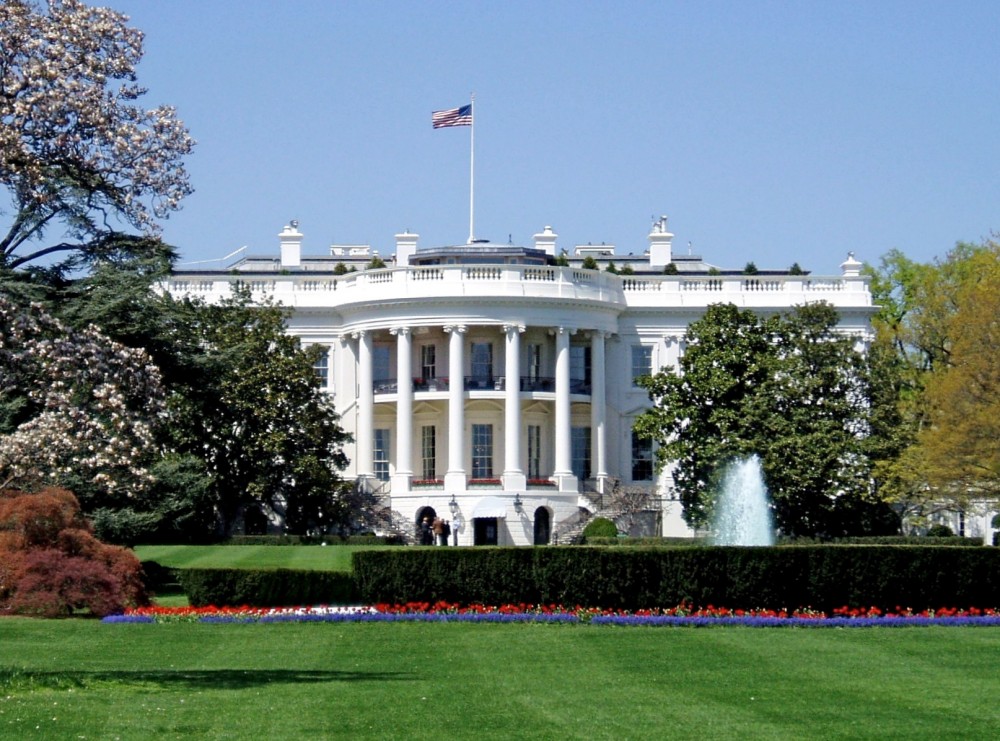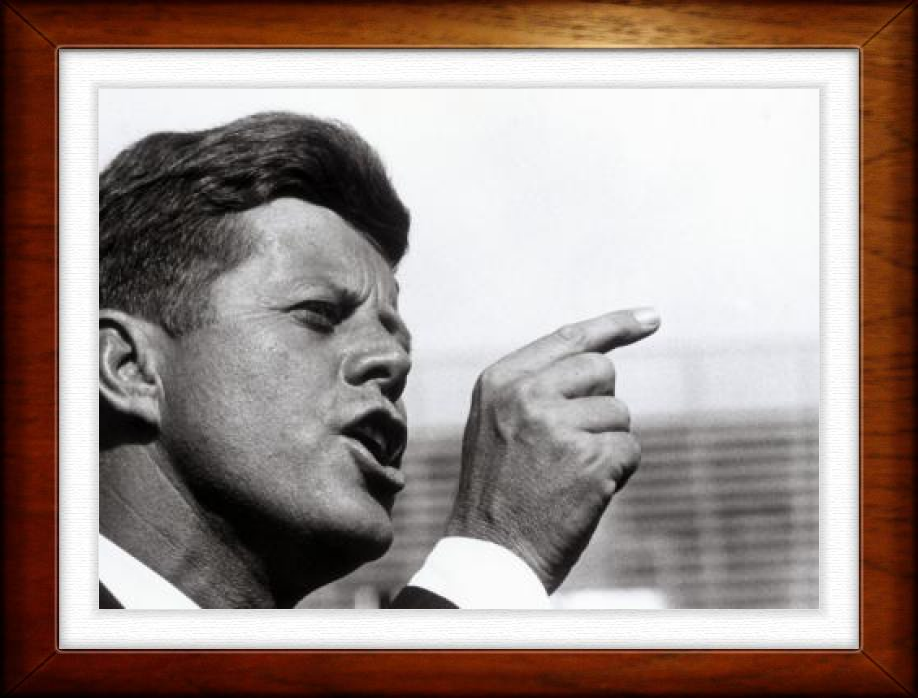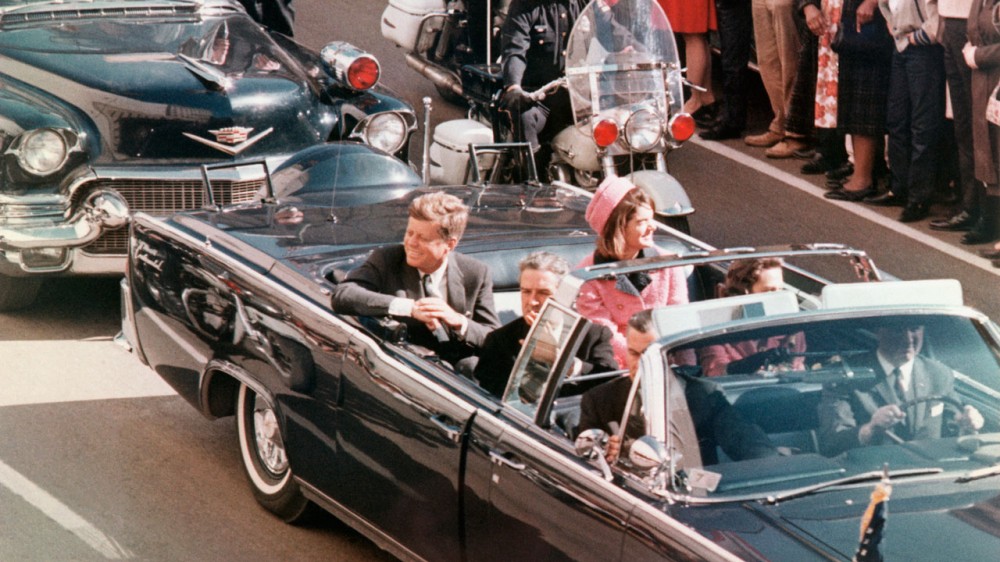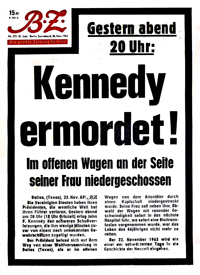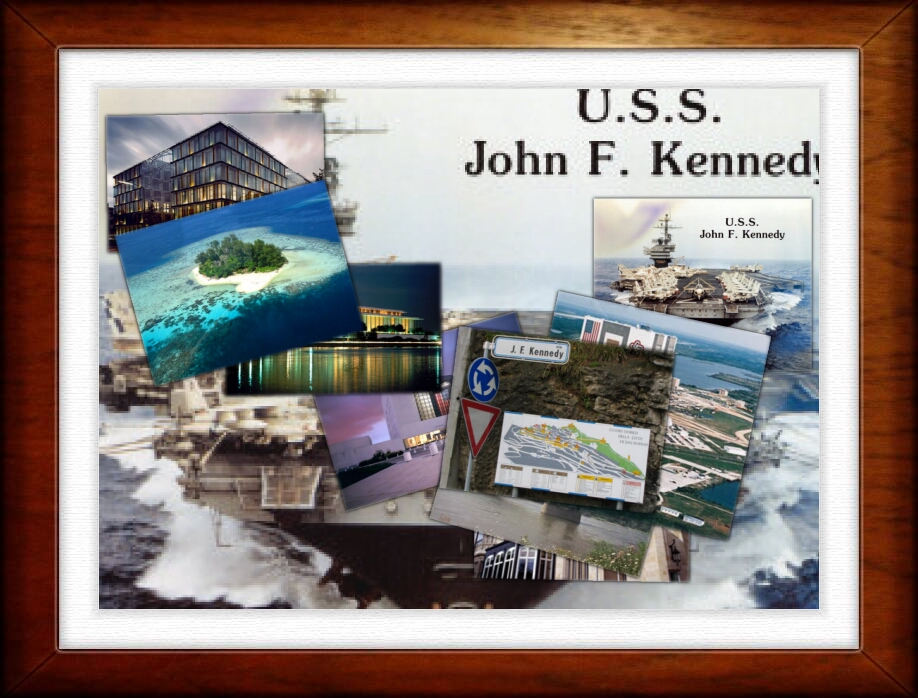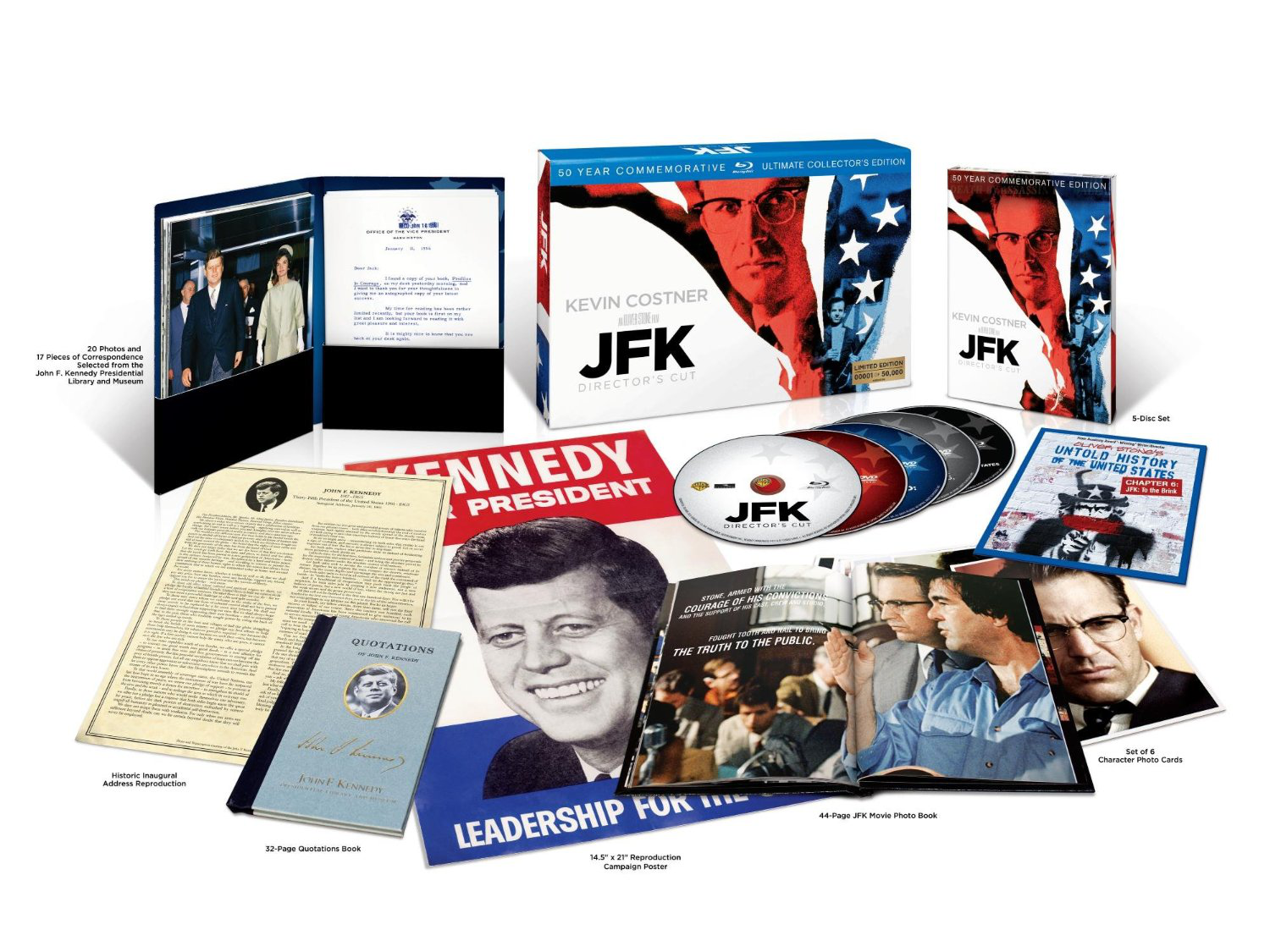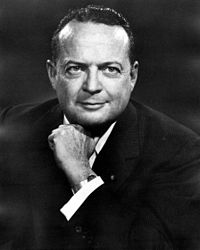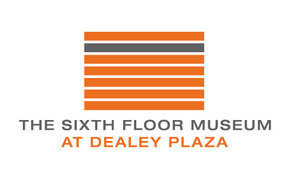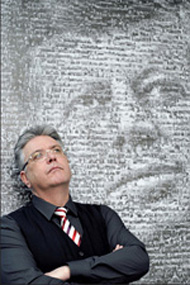Plittersdorf Theater | Diesen Artikel weiterempfehlen! |
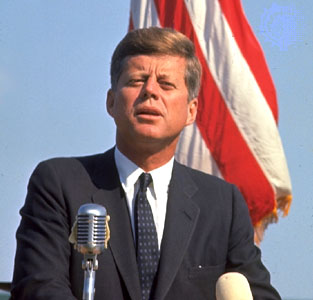 Rede vor den Mitarbeitern der amerikanischen Botschaft in Bonn
Rede vor den Mitarbeitern der amerikanischen Botschaft in Bonn(Plittersdorf Theater Bad Godesberg)
Mr. Secretary, Ambassador, ladies and gentlemen:
I want to express my thanks to you for your generous welcome to us all. I wonder how many in this audience are German and how many Americans? It is rather hard to tell. I don't know whether the Americans are becoming Germanized or the Germans Americanized. Perhaps the members of the staff who are German citizens would hold up their hands; and those who are Americans; and any others that - the press?
I want to express our appreciation for your hospitality. I am delighted to be here with Ambassador McGhee. He occupied a position of great responsibility as Under Secretary of State, and worked closely with all of us during the last 3 years. I think it was evidence of the significance that we attached to this post and this assignment that we asked him to come to Bonn, and that he so gladly and willingly accepted. This is a key post. The United States, as all of you know, lived a life of comparative isolation for so many years, until the end of the Second World War. There is always some myth in the Marines and in the State Department that the old days and the old department were always the best, and that there was nothing like the twenties for being a foreign service officer. I don't hold that view and I am sure you don't either. The United States in those days, in the thirties, dealt with a comparatively few countries, mostly to the West, who themselves dominated a good deal of the world. Our relations with Latin America were comparatively superficial, and we occupied a position of splendid and perhaps not so splendid isolation.
Now, suddenly, the United States, by the force of events, history, and by our own choice - and I want to emphasize "by our own choice" - have been propelled into the world where we are the key, the archstone, the basic element in the strength of the entire free world. Now American Foreign Service Officers, USIA, and others deal with over 100 countries. What happens in each of those countries affects very vitally now the security of the United States. Those countries are in a process of change. Europe is in a process of change. The whole world is moving through a period of revolutionary ferment.
We obviously cannot wholly control events so far away, but we can, we hope, influence, and we can influence them in the direction of freedom. I don't think that it is in any sense nationalistic for us to say that the United States has interpreted its own welfare and its own security in very broad terms since 1945. We have felt that the security and freedom of other countries provided for our freedom and security. Therefore, instead of following a national, narrow policy, we have held out our hand and associated ourselves with countries all around the globe in the attempt to build a whole system of free societies which, of course, have been under attack and threat externally and have been under serious threat and attack internally.
This is a very difficult assignment, and it has cost us heavily, but we are a wealthy country and I don't think anyone begrudges any of the burdens that we bear. There are 1 million Americans serving outside the frontiers of the United States. I don't know of any country in history that has had such a high percentage of its population serving outside its borders for such a long time on a mission of freedom. Therefore, I hope those of you who are German citizens feel that in working with us so closely, you are also working for the welfare of your own country and the security and freedom of the West, and those things which make the West worth preserving.
I think that all those of you who work for the United States here must realize that this is an outpost, in a sense, of freedom, that the line has been drawn here, and it is essential that we maintain the closest relations in the most intimate harmony with the Federal Republic. It is not easy to maintain friends in personal life or in international life. There are many things that can disturb us, and those things are always highly developed and become well known, and there are always groups within every country who, for various reasons, do not always emphasize the things that bind us but the things that separate us. So that it requires a good deal of understanding to maintain friendly relations over a long period of time. We have been doing that now with the Federal Republic for 18 years.
I believe it is essential for the security of the free world, as well as our two countries, that those happy relations continue - and you play a leading part in maintaining them. We depend upon you. We are at the other end of your cable. And I have seen so many cases in the last months, and in fact in the last 3 years, where our judgments have been guided successfully by the kind of response, the kind of information, the kind of judgment, the kind of advice we get from the field. It may be in Vientiane or it may be in Bonn, or it may be in Leopoldville or it may be in any part of Latin America. But the Foreign Service of the United States, the Information Service, the MAAG, the military attaches, those who participate in all of the many programs which make up the Foreign Service of the United States, in the large sense may feel that although this is peacetime their contributions to the United States and its security are second to none.
So, ladies and gentlemen, I am very proud to be here. We have received a most generous welcome from the German people. And I think it indicates that in spite of what we may sometimes feel in our own country, that what we do is recognized, that what we do is appreciated, and it should encourage us to do more.
Thank you very much for what you are doing. ♦
